Content design and strategy support for UCL
A Scroll team provided bespoke content strategy and content design to UCL, supporting them to update the quality of content and design throughout their digital estate.
The challenge
UCL is a large, complex organisation. It has expanded rapidly in recent years by merging with and acquiring other institutions. This means many of its internal systems – digital, administrative and otherwise – are devolved and struggle to integrate as part of a single, homogeneous system. In any given digital project there are many stakeholders with strong and often conflicting needs and opinions.
However, UCL has a strong vision for its future. It nurtures innovation and disruption in its mission to solve some of the world’s biggest problems and develop great minds for the future. But the online prospectus struggles to communicate this vision, and recruiting the best students in the modern world depends on courses being sold accurately and effectively online.
While it works on improving the systems used in content creation and governance, the central digital team UCL needed support in identifying opportunities to improve how the 12 schools and faculties communicate about teaching and research to prospective students. It also required content experts to give advice, support and recommendations at a local level to improve the quality of content as far as current systems will allow.
What they say about working with Scroll
“We engaged Scroll with an ambition to improve our prospectus, but the work their content designers did for us was beyond our expectations. The Scroll team didn’t just deliver high-quality work for our projects, but worked in a way that has lifted standards across the community immeasurably, and left us with reusable assets and processes.
For many colleagues who have to supply content as subject, but not channel, experts, it was a lightbulb moment. And that was thanks to the rigor, expertise and care the Scroll team brought to their engagement with us.”
Samantha Fanning, Head of Digital, UCL
The solution
A team of two Scroll content designers embarked on a month-long immersion and discovery period. The aim was to understand the issues at play from as many perspectives as possible before deciding on a bespoke course of action to respond to the challenge as a whole.
We undertook stakeholder research, informally and anonymously interviewing comms and administrative staff from each faculty. We built trust, positioning ourselves as independent but positive agents in the dynamic between central and local parties. We combined this with desk research on UCL, its competitors and the Russell Group student recruitment market, and a content audit of the existing UCL offering.
As the discovery phase was completed, the Covid pandemic brought sweeping changes to the original systems work that had been planned. Our work shifted focus accordingly.
Over the next 12 months, we worked to meet the shifting priorities:
Devised and ran remote content design training sessions for 123 members of staff from every faculty.
Worked with a UX agency to co-design with UCL a bespoke CMS interface that would improve the user’s experience of content creation and editing.
Acted as content strategists and designers for the redesign of the online postgraduate prospectus and for the redesign of the website for The Bartlett School of the Built Environment.
Provided ad-hoc support and boilerplate content to central and local teams.
The projects required strong, multidisciplinary content expertise, a curious approach and an agile working style, as well as confident communication skills.
Results
The data we collected has given the central digital team a better understanding of the factors at play at faculty level, and a stronger basis from which to make decisive progress in future development projects.
We received overwhelmingly positive feedback from trainees for helping them instil a user-first mentality and content design principles into their content practice.
We received requests for follow-up training from the team at the renowned Institute of Education, 9 months after the initial training sessions ran.
The co-design work produced excellent prototypes that are ready to be converted into high fidelity systems that will improve student recruitment prospects.
The Virtual Open Day series, for which we supplied content, was a success and generated well above expected attendance and recruitment prospects.
The client was able to gain the support required to establish a permanent content design function at central college level to support the continuation of this work.


